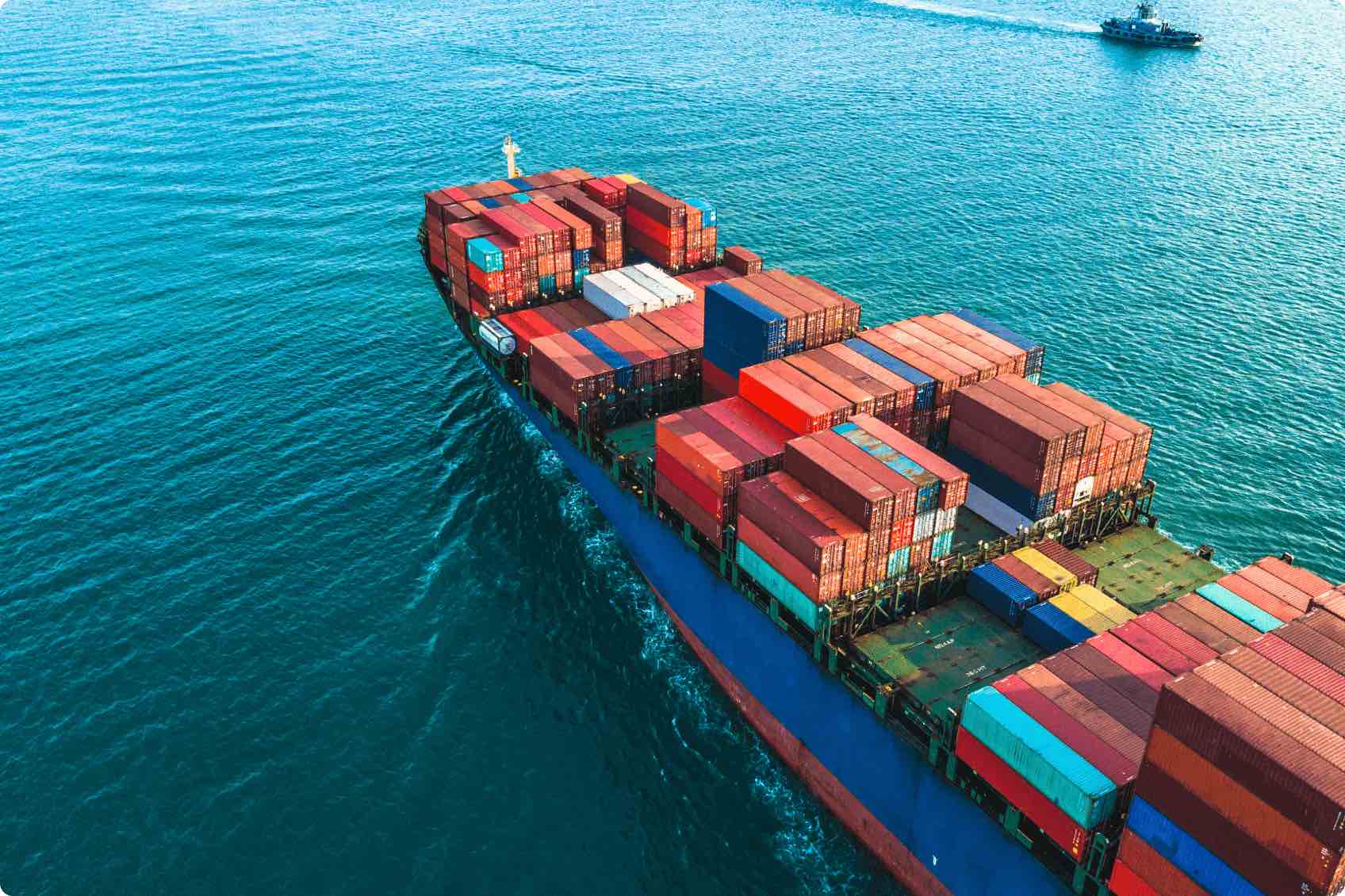What is trade compliance?
Trade compliance is a crucial component of doing business globally. It involves adhering to the rules and regulations that control the movement of goods across borders.
Efficient trade compliance is crucial for businesses engaged in international supply chains to preserve:
- Operational effectiveness
- Reduce expenses
- Manage risks
Trade compliance and supply chain
Global Trade compliance is an important part of supply chain risk management. Businesses can streamline their supply chain by:
- Following regulatory requirements
- Improving transparency
- Implementing strong risk mitigation strategies
Investing in trade compliance is not only legally required but also strategically imperative for sustainable growth in a world that is becoming more interconnected and unpredictable by the day.
The complicated landscape of trade compliance
| Customs Compliance | Compliance with the customs rules, such as: Proper classificationValuationDocumentation of goods |
| Export Controls | Adhering to the export restrictions on specific goods. |
| Import Controls | Complying with the import control system’s restrictions, tariffs, and quotas. |
| Sanctions Compliance | Avoiding trading with the countries subject to sanctions. |
| Free Trade Agreements | Using the advantageous trade conditions provided by free trade agreements. |
| Preferential Trade Agreements | Utilising agreements like: NAFTAEUASEAN |
| Origin Rules | Finding out the country of origin of goods to qualify for preferential treatment. |
| Preferential Certificates of Origin | Submitting certificates to prove the origin of goods and claim preferential tariff rates. |
| Customs Brokerage | Collaborating with customs brokers to navigate complex customs procedures. |
| Trade Remedies | Understanding trade remedies like: Anti-dumping dutiesCountervailing dutiesSafeguard measures |
The impact of trade compliance on the supply chain
Trade compliance can impact the supply chain in the following ways:
Financial strains
For non-compliance, customs officials impose heavy fines and penalties, which can seriously harm a business’s bottom line. They may also seize goods, which can lead to:
- Delays
- Disruptions
- Extra expenses
Due to the necessity of reworking paperwork or procedures, legal fees, higher customs broking fees, and supply chain interruptions, non-compliance can also result in higher costs.
Regulatory or legal consequences
Not adhering to the rules can sometimes lead to legal actions, which may include criminal prosecution. Regulatory agencies have the authority to apply penalties or limitations to a business’s activities, including:
- Export or import prohibitions
- Even company closures
Reputational damage
Failure to comply can harm a company’s brand and undermine customer confidence. Reputational harm can result in:
- Boycotts
- Lower sales
- Trouble finding new clients.
A damaged reputation can restrict a company’s ability to conduct business with particular partners, clients, or in particular markets.
Supply chain disruptions
The supply chain and production schedules can be impacted by non-compliance, which can result in delays in the clearance of goods. Shortages of essential materials or components could also be caused by delays, and this could have an impact on customer satisfaction and production schedules. All of this contribute to increased supply chain cost.
Loss of competitive advantage
A business can lose its competitiveness in the market due to compliance issues, which causes increased costs and limited access to certain markets. It results in a loss of productivity and business growth.
Businesses must adopt effective trade compliance strategies to avoid the consequences of not complying with trade rules.
Best practices for effective trade compliance
To ensure effective trade compliance, businesses should:
| Stay updated | Stay abreast of modifications to trade laws and policies. You can accomplish this by: Speaking with trade specialistsAttending trade compliance conferencesSubscribing to industry periodicals |
| Make evaluations | Conduct regular assessments to identify potential risks and compliance gaps. This can be done through: Internal auditsRisk assessmentsCompliance reviews |
| Develop a compliance program | Implement a comprehensive compliance program that includes policies, procedures, and training. This program should address all relevant trade compliance areas, including: Customs complianceExport controlsImport controlsSanctions complianceFree trade agreements |
| Use technology | To automate trade compliance procedures and lower error rates, make use of technological solutions. For instance: Trade management softwareExport control screening softwareCustoms filings software |
| Discuss with experts | Seek advice from professionals in trade compliance to guarantee adherence to intricate rules. You can get help from: Customs brokersLawyersTrade compliance consultants |
| Create a diverse team | To manage trade compliance initiatives, assemble a team that includes officials from multiple departments. This team can help ensure that trade compliance is integrated into the overall business strategy. |
| Perform internal audits | To evaluate compliance and pinpoint areas in need of improvement, conduct internal audits on a regular basis. This can support ensuring that risks are being reduced and that the compliance program is successful. |
| Keep sufficient records | To aid in compliance, keep thorough and accurate records of all trade transactions. One way to do this is to keep track of: Import permitsExport licensesCustoms declarationsOther pertinent paperwork |
By understanding the complexities of trade compliance and implementing effective strategies, businesses can mitigate risks, optimise costs, and ensure the smooth operation of their global supply chains.
Author Bio: Freya Jane is a seasoned writer and customs expert who works with iCustoms. She is passionate about crafting engaging content and has expertise in creating informative content on a variety of topics, including technology and business.
Stay in touch to get more updates & news on Discover Tribune!








